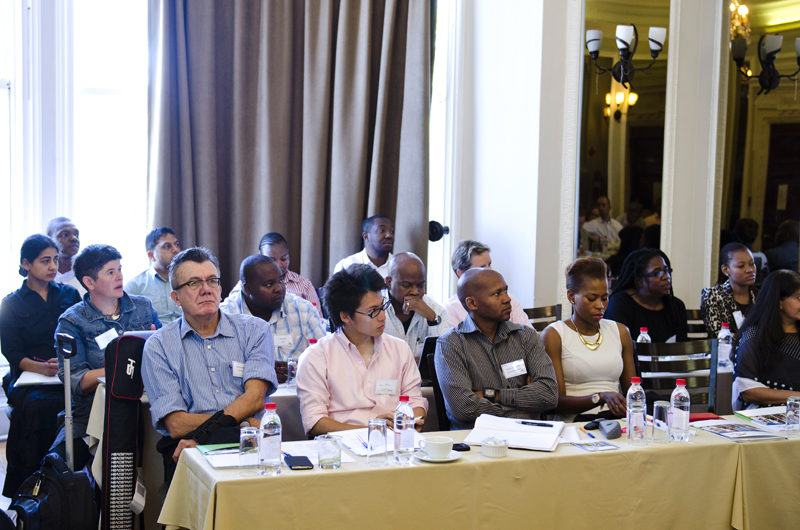
The HDA hosted a land assembly strategy (LAS) workshop on 14 November 2013 at Emoyeni conference centre. More than 30 delegates attended from the HDA; the City of Johannesburg and Ekurhuleni metro municipalities; the National Treasury; Imizi Social Housing; the University of the Witwatersrand; the Human Science Research Council; the Gauteng Planning Commission; the Gauteng government; the Passenger Rail Agency of South Africa; City Support Programme; the South African Planning Institute; and the National Department of Human Settlements.
placeholder.jpg
Some of the key points raised included:
HDA CEO Taffy Adler’s introduction set the tone for the workshop and discussions. “This workshop is crucial to the mission and legislated intention of the HDA. A nationally approved Land Assembly Strategy is vital to change the spatial dimensions of South Africa and the discussions today will assist us in formulating such a policy”.
The dialogue also reflected on obstacles in the LAS and considered how to develop and lead a sector-wide national LAS in partnership with key sector stakeholders.
Some key opinions converged on prioritising three main areas in establishing sustainable and better-located housing projects, i.e. location, typology and collaboration. Land location must not merely be driven by residential need but also by other factors such as the economic and social need of beneficiaries. Land identified for housing projects must be convenient for work, schooling, transportation and other socioeconomic activities.
Well-located land must also give consideration to topographical challenges that accompany the area identified. It was emphasised that collaboration is an integral piece of the land puzzle. There is a need to consider cooperation between the political, technical and community spheres.
HDA Land GM Nellie Lester wrapped up the session by indicating that the HDA needs to streamline all that has been discussed and develop a coherent framework to guide what to do and how to do it. This framework must work for all partners, at all levels, having framed the problem statement clearly.
Given that this was the first of a number of dialogue sessions on LAS, it is clear that the sector needs to make some hard choices, determine priorities and establish far-reaching partnerships to increase the impact and effectiveness of land assembly in the future in order to support sustainable human settlements.
Presentations from this workshop can be obtained from the HDA website at www.thehda.co.za/resources.